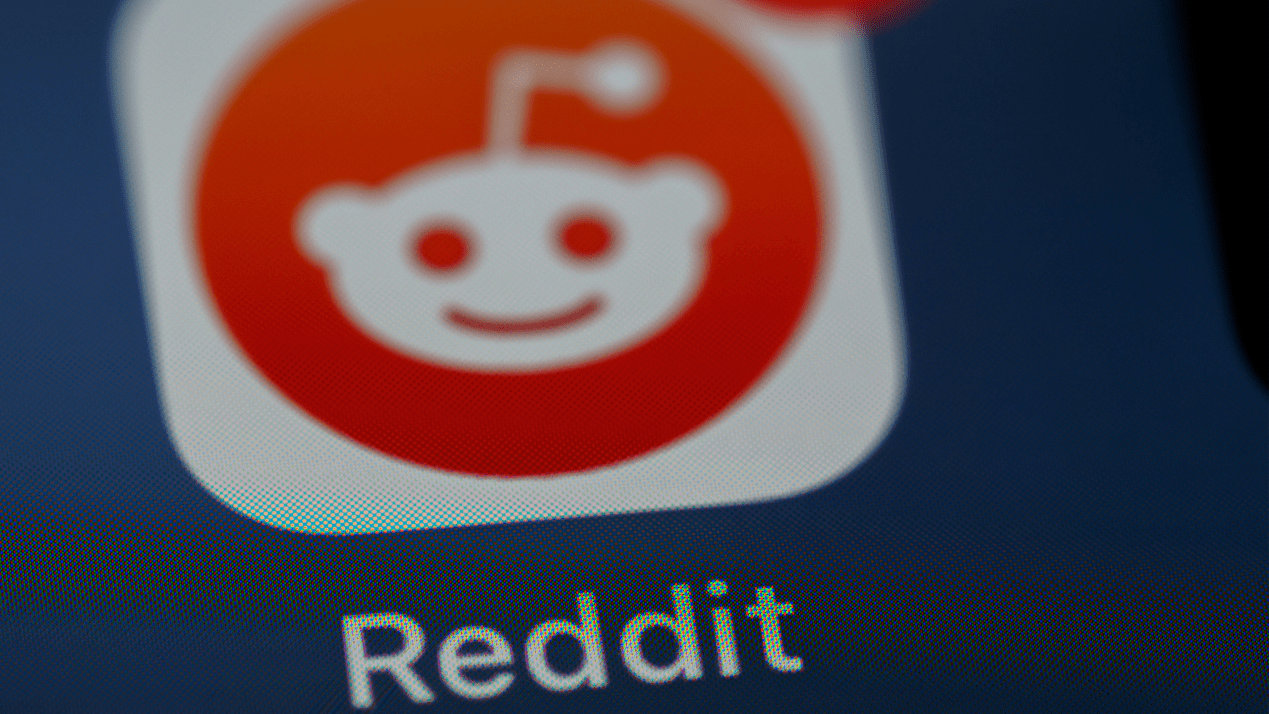
Why Skills-First Leadership Is Replacing the Ivy League Playbook in the C-Suite
The old prestige pyramid—where Ivy League degrees and blue-chip consulting backgrounds paved the way to the CEO seat—is cracking.

In a move that has sparked debate within the tech community, Reddit has reportedly struck a content licensing agreement with an unnamed AI company. The deal, estimated to be worth $60 million annually, grants the AI firm access to the vast trove of user-generated content on Reddit, including text posts, comments, and images. This data will be used to train and improve the AI’s capabilities.
While details remain scarce, the news has ignited discussions surrounding user privacy, data ownership, and the ethical implications of utilizing personal information for AI development. Critics argue that Reddit essentially sells its users’ voices without explicit consent, potentially exposing them to risks associated with biased or discriminatory AI models.
However, proponents of the deal highlight the potential benefits it could bring. By monetizing its user-generated content, Reddit could secure a valuable revenue stream, potentially bolstering its financial stability and future growth. Additionally, contributing to AI development could indirectly benefit users by leading to more personalized experiences and improved platform functionalities.
The deal’s timing is also noteworthy, coinciding with Reddit’s anticipated Initial Public Offering (IPO) later this year. This move attempts to demonstrate diverse revenue streams and attract potential investors. Nevertheless, the deal’s ethical concerns cast a shadow over its potential financial gains.
As the debate unfolds, it remains to be seen how Reddit will address user concerns and navigate the ethical complexities of its AI content licensing agreement. The platform faces a crucial balancing act: ensuring financial stability while upholding user privacy and trust. Only time will tell if Reddit can successfully navigate these challenges and emerge from this deal with its reputation intact.

The old prestige pyramid—where Ivy League degrees and blue-chip consulting backgrounds paved the way to the CEO seat—is cracking.

Loud leaders once ruled the boardroom. Charisma was currency. Big talk drove big valuations.

But the CEOs who make history in downturns aren’t the ones with the deepest cuts

Companies invest millions in leadership development, yet many of their best executives leave within a few years. Why?

The most successful business leaders don’t just identify gaps in the market; they anticipate future needs before anyone else.

With technological advancements, shifting consumer expectations, and global interconnectedness, the role of business leaders

Following a distinguished Law Enforcement career Joe McGee founded The Securitatem Group to provide contemporary global operational specialist security and specialist security training products and services for private clients, corporate organisations, and Government bodies. They deliver a wide range of services, including complete end-to-end protection packages, close protection, residential security, protection drivers, and online and physical installations. They provide covert and overt investigations and specialist surveillance services with a Broad range of weapons and tactical-based training, including conflict management, risk and threat management, tactical training, tactical medicine, and command and control training.

Jay Wright, CEO and Co-Owner of Virgin Wines infectious energy, enthusiasm, passion and drive has been instrumental in creating an environment that encourages talent to thrive and a culture that puts the customer at the very heart of every decision-making process.

Fabio de Concilio is the visionary CEO & Chairman of the Board at Farmacosmo, a leading organization dedicated to mental health and community support services. With a deep commitment to identifying and meeting customer needs, Fabio ensures that high standards are maintained across the board.

Character Determines Destiny – so said Aristotle. And David CM Carter believes that more than anything else. For David, it has been numerous years of research into codifying Entelechy Academy’s 54 character qualities that underpin everything he stands for as a leader and teacher.


Leave us a message
Subscribe
Fill the form our team will contact you
Advertise with us
Fill the form our team will contact you